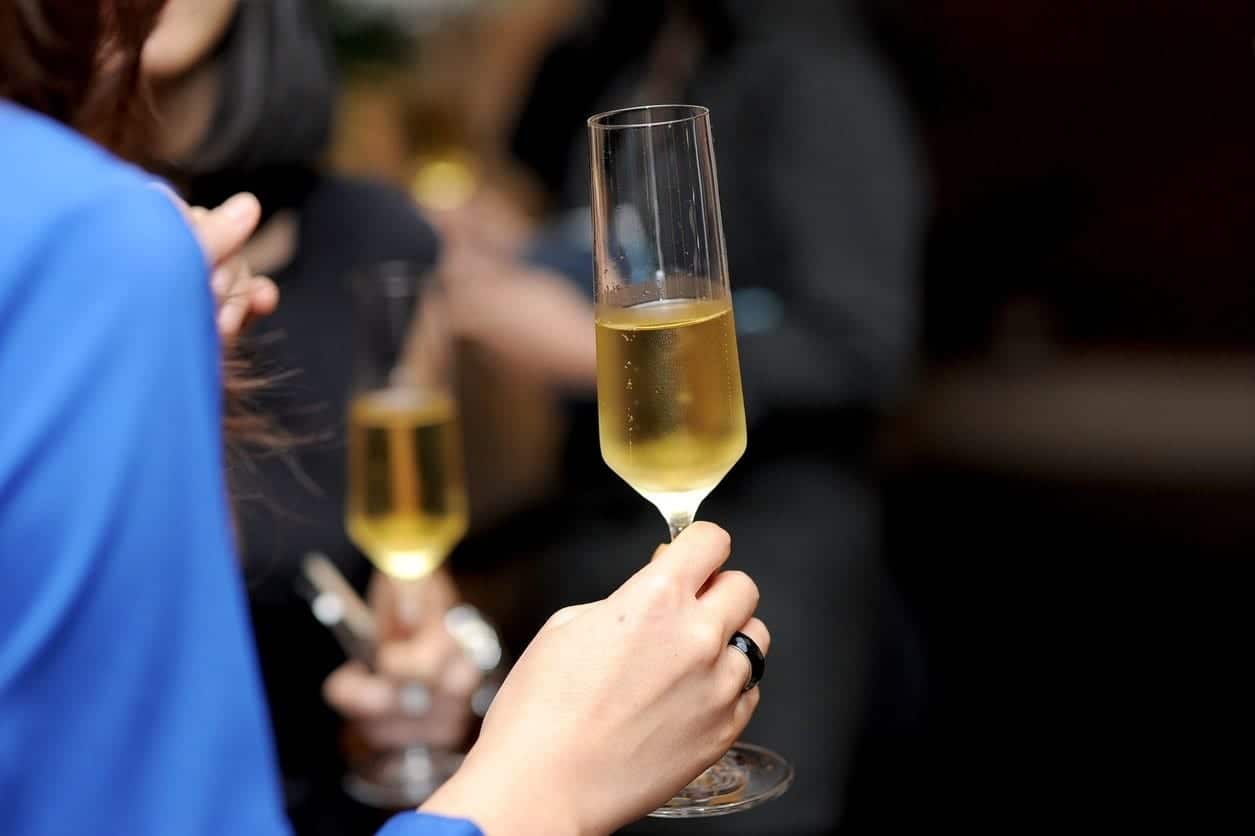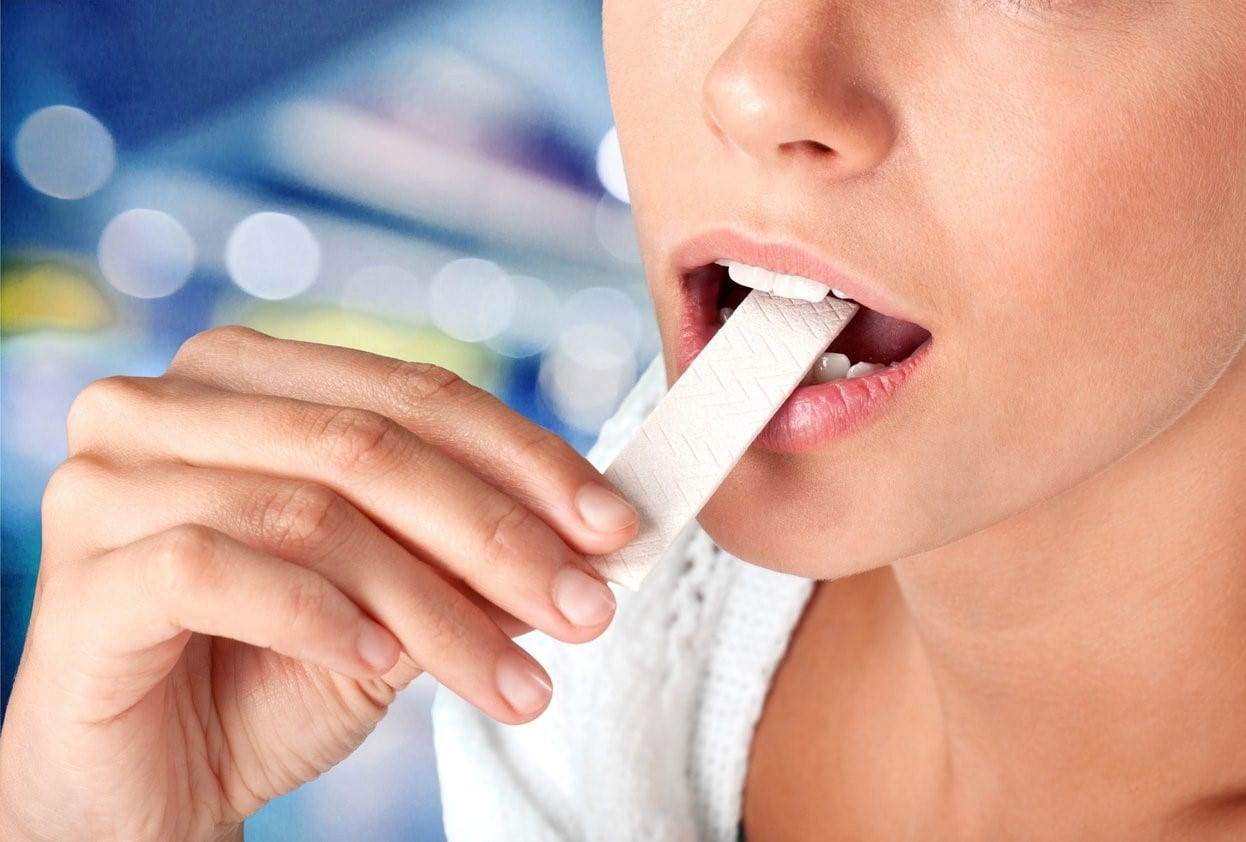
What’s New Year’s Eve without a glass of champagne or two?
With the possible exception of St. Patrick’s Day, no other major holiday our country celebrates has become so intertwined with drinking as New Year’s Eve. Because of this, you’re bound to see lots of stories in the coming weeks about staying safe on the road and avoiding binge drinking so you don’t get alcohol poisoning.
Obviously, knowing this information is important. Car crashes and alcohol poisoning aren’t the only ways that drinking can hurt you, though. Most people don’t really realize it, but alcohol also has a negative impact on your oral health.
What Does Alcohol Do To Your Mouth?
There are several different ways that alcohol can hurt your oral health.
It reduces saliva. You’ve probably heard that drinking alcohol dries you out, and you may have even experienced dry mouth from time to time when drinking. This may not seem like a big deal, but saliva is actually really important in maintaining healthy teeth and gums.
How so? First of all, it’s key in killing bacteria. Without it, more bacteria are able to grow and attack your teeth. This puts you at a higher risk for cavities, tooth decay, and gum disease – all just from consuming a few beers or glasses of wine.
It harms your tooth enamel. The enamel on your teeth works to protect them. It keeps them from staining and insulates them from extreme temperatures and dangerous chemicals. Unfortunately, acids that are present in alcoholic beverages can compromise the quality of your tooth enamel.
In other words, drinking heavily can not only lead to more staining (adding soda to alcohol makes this problem even worse) but also make it painful to eat or drink things like hot soup or ice cream.
It can give you cancer. Most people know that using tobacco increases your risk of oral cancer. What many don’t know, however, is that drinking alcohol also increases this risk. If you drink heavily, or combine drinking with using tobacco, the risk goes up dramatically.
How to Minimize the Damage of New Year’s Drinking on Your Mouth

The absolute best thing you can do for your oral health on New Year’s Eve is simply not drink. For those who do, though, there are some tricks you can use to keep your teeth from sustaining too much damage:
Chew sugarfree gum. Since alcohol dries out your mouth, you will need something to counteract those effects. Gum has been shown to increase saliva production, and if you chew the sugarfree variety you won’t have to worry about any damage that sugar might be doing either.
Alternate alcohol with water. Not only will water help to hydrate you and prevent a nasty hangover the next morning, it will also work to keep your mouth hydrated, help you produce much-needed saliva, and wash away chemicals (and sugars!) that would otherwise eat away at your teeth all night.
Try having a glass of water after every alcoholic beverage. You can still enjoy the party, and you’ll experience half as many negative effects on your oral – and overall – health.
Rinse after eating. You’re bound to have some appetizers or a nice dinner wherever you go for New Year’s. If food is left in your mouth, however, bacteria will begin to grow immediately. We recommend brushing your teeth after every meal, but if you do not have a toothbrush handy, a quick rinse will help to eliminate leftovers that are stuck in your teeth.
Schedule a dentist appointment. If you haven’t made it to the dentist this year, try and schedule an appointment before 2017 hits. A dentist will be able to tell you if you’re showing symptoms of gum disease or cavities, and will be able to give you further recommendations for drinking, healthy eating, or any procedures that you may need in the upcoming year.






